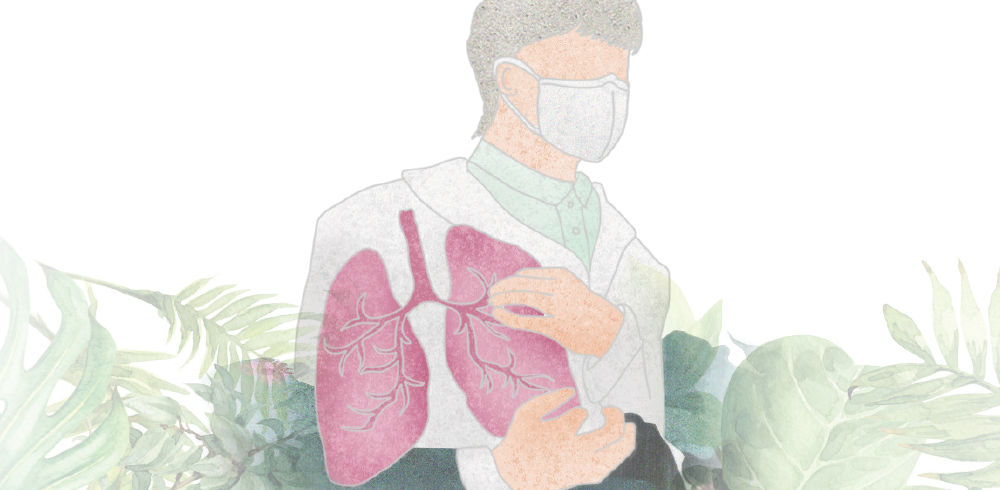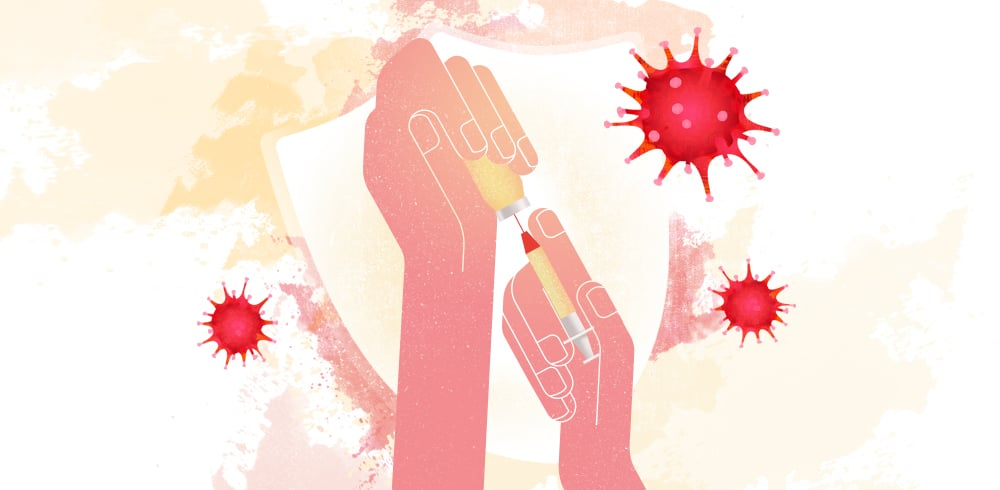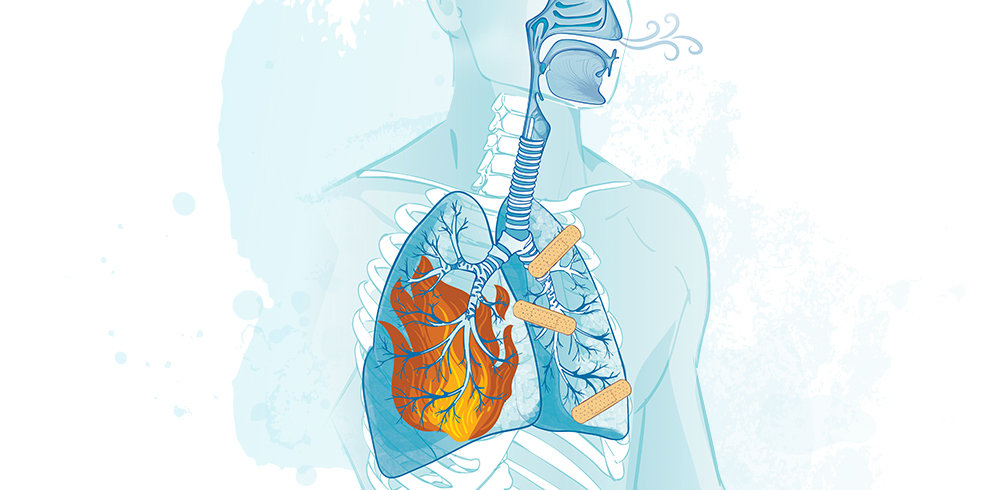Research Spotlight
This study provided evidence of the possible existence of a dose-response relationship with venlafaxine. Depression is a major contributor to disability, affecting 322 million people or 4.4% of the world’s population.1 Its prevalence has been increasing over the years by an estimated 18% between 2005 and 2015. The management of depression includes non-pharmacological options such as psychotherapy or pharmacological options, mainly the second-generation antidepressants such as first-line serotonin reuptake inhibitors (SSRIs).
The 18-day single-center experience of awake prone position (APP) in patients admitted to the intensive care unit (ICU) of Pamela Youde Nethersole Eastern Hospital in Hong Kong (PYNEH) with severe acute respiratory syndrome coronavirus 2 (SARS-CoV2) infection demonstrated the effectiveness of APP in improving respiratory parameters, minimizing the use of invasive mechanical ventilation (IMV), and potentially providing a low-cost and safe treatment option for patients with respiratory failure.
With up to 6 months of follow-up in an ongoing, placebo-controlled, observer-blinded, multinational, pivotal efficacy study, the 6-month safety and efficacy data of BNT162b2 mRNA COVID-19 have been updated and summarized in this report. The current outbreak of the novel coronavirus disease 2019 (COVID-19), caused by the severe acute respiratory syndrome coronavirus 2 (SARS-CoV-2) discovered in January 2020, has spread to countries around the world with recent estimates of more than 200 million cases diagnosed and over 4 million deaths. Coronaviruses are enveloped, positive-sense single‐stranded ribonucleic acid (RNA) viruses, and SARS-CoV-2 belongs to the B lineage of the beta-coronaviruses. The predominant clinical manifestations of SARS-CoV-2 include fever, cough, and other symptoms and signs of respiratory tract infections.
The Hong Kong Society of Rheumatology (HKSR) published a set of consensus statements for Coronavirus Disease 2019 (COVID-19) vaccination in adult patients with autoimmune rheumatic diseases (ARDs). This statement serves as a guide to local rheumatologists and other specialists, nurses, healthcare professionals and the public regarding the use of COVID-19 vaccines in patients with ARDs. ARD is a group of chronic medical illness characterized by systemic inflammation, in which a dysregulated immune system causes damage or dysfunction to connective tissues and leads to various treatment-related complications and comorbidities. In the current COVID-19 pandemic, patients with pre-existing chronic health conditions are more prone to serious illness and mortality from the infection, arousing concerns among patients with ARDs regarding their suitability for the COVID-19 vaccination.
Trending Posts

















